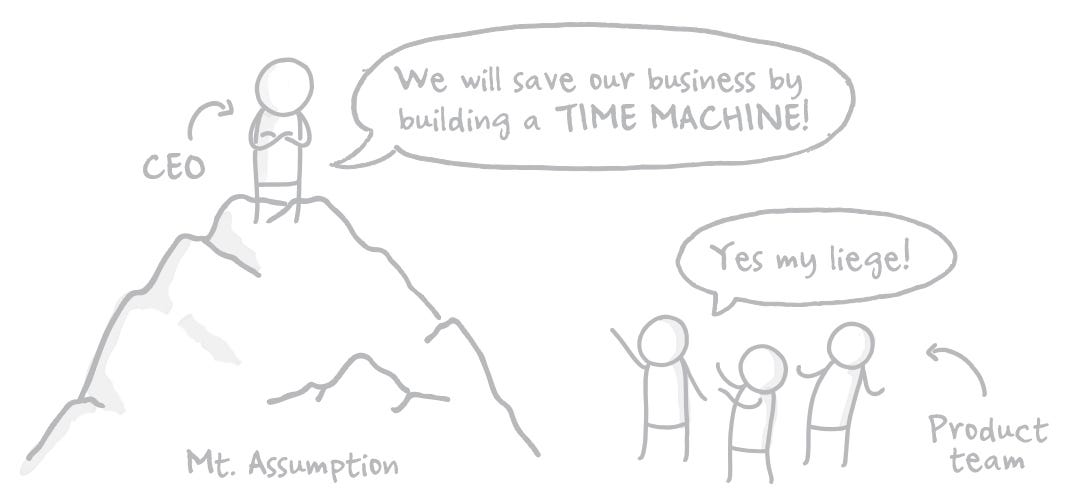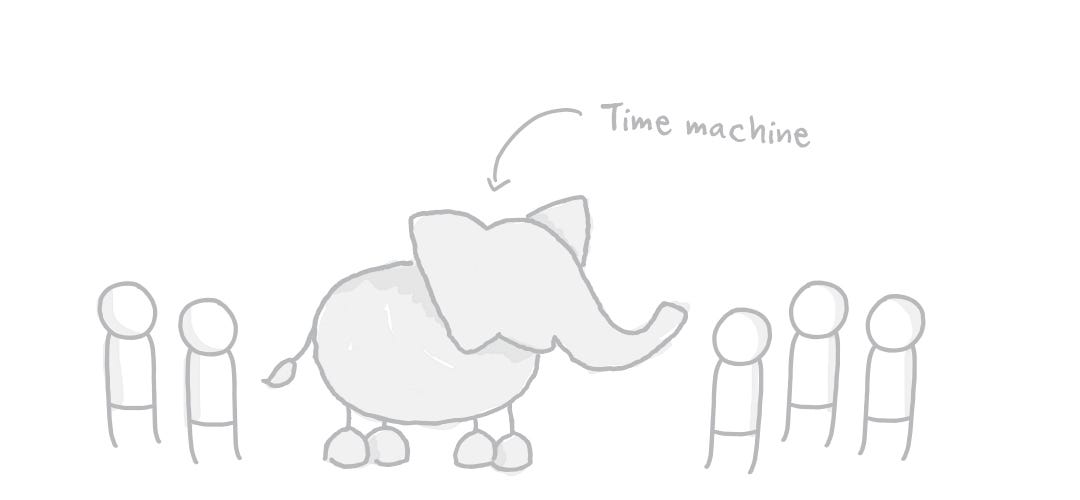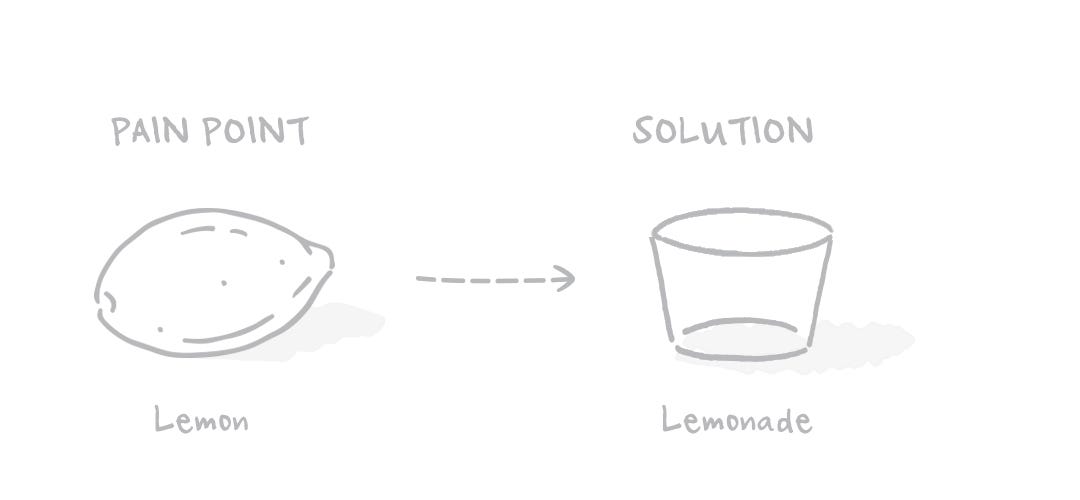Companies waste an estimated $28 million a year by rushing into digital transformation programmes before they are ready. Conducting the right Discovery phase could help your organisation spend more wisely.
A cautionary tale of digital disaster
Where did it all go so wrong? Everyone started off with the highest hopes and the best intentions, but now your digital transformation programme is an unmitigated disaster.
The flagship app that you’ve been building is riddled with bugs and your delivery date is nowhere in sight. The programme is haemorrhaging money, the stakeholders are furious, and you can’t even remember the last time your team weren’t working weekends.
Deep down you know that even if this app sees the light of day, it’s success isn’t a guarantee. But you no longer care — you just want to get the job done, no matter what.
If only you could’ve seen this coming?
High rate of failure
This picture of a sinking project is way more common than you think. According to the European digital services company Econocom, a quarter of all enterprise digital transformations have failed.
So where are they going wrong? As software continues to eat the world, companies today feel that they have to innovate or become obsolete. These huge transformations are often initiated by an excited leadership team, who believe that chasing the digital dream is the silver bullet that will solve all their business problems overnight.
The problem with this level of excitement is that pressurises the product teams responsible for delivery into becoming a complicit bunch of “yes-people”. With no rational challenges to the assumptions of the boardroom, teams are ramped up in the blink of an eye and before you know it, you are spending money building software that nobody wants to use.
Does this all sound worryingly familiar? Fret not. An extremely useful framework exists that can set you up for success with your future digital endeavours — The Discovery Phase.

What is a Discovery phase?
The Discovery phase is an initial period of investigation where you can challenge the very raison d’etre of the project, before you start wildly firing on all cylinders.
All projects are built on a bed of assumptions, which need to be brought to the surface as early as possible and challenged in a constructive way.
Luckily for you, the team here at &us have designed a tried and tested Discovery framework that will help you protect your business in the long run.
How we run Discovery at &us
Understand what your organisation is trying to achieve
The aim of this stage is to make sure that everyone gets on the same page as quickly as possible. We know that every business is a complex collection of stakeholders with conflicting needs, so clarifying everyone’s agenda up front will avoid things getting too political later on.
We will work closely with you to clarify your expectations by asking the hard questions up front:
- What problem are we trying to solve?
- How will we know if we are successful?
- Do we have the right skills and resources to do a good job today and tomorrow?
Although you might not like some of the answers, this internal honesty will start the process of aligning internal expectations.

Finally, to make sure you have the ability to sustain your digital transformation, we will conduct an analysis of your organisation’s existing technical capabilities. There is nothing worse than delivering software that you can’t use or improve going forward.
Identify your target audience and what they want
Next we will need to focus on the most important piece of the puzzle — your customer. We will run a series of workshops to find out:
- Who is your customer?
- What do they want to achieve when using your existing product or service?
- How is your current product or service meeting their expectations?
Identifying the needs of your target audience will allow us to figure out how your organisation is letting them down. All the best products solve problems, so knowing your customer’s’ frustrations, or “pain points” will provide you with the insight you need to innovate.

Create ideas and experiment
The final stage of Discovery is by far the most fun. This is where we come up with awesome innovative ideas and see if they have the potential.
Although we encourage thinking outside the box, this isn’t a case of throwing any old idea against the wall to see what sticks. Each idea needs to be grounded in reality, by solving real life customer pain points and being technically feasible to deliver.
We will then start bringing your most promising ideas to life by creating a “Proof of Concept” (POC).
Now you might be wondering what a POC looks like. The answer is, it could be anything. It could be a paper sketch, a tappable iOS prototype, or even just a text message! A great POC is simply the easiest way to test the potential of your chosen idea with your target audience.
By putting this idea into the hands of your customers, you can quickly gauge if your proposed solution meets their needs. Don’t worry if your customer hates your idea! A good Discovery phase is all about testing your assumptions and learning something new. It is better to find out that your customer’s hate your product now before you spend all of your budget building the real thing!

How long is a Discovery phase, and what happens when it ends?
At the end of a good 6–12 week Discovery (depending on your organisation) you should feel confident about large elements of your digital transformation, and the practical next steps you need to take.
So if you want to save your company money and still have fun on the weekends, then please get in touch with &us. We’ll be happy to assist you on your voyage of discovery!
